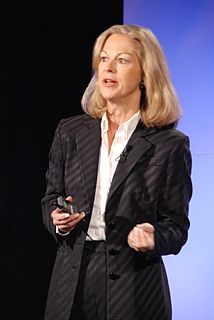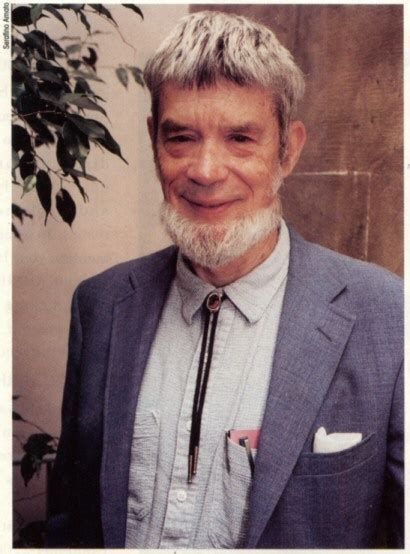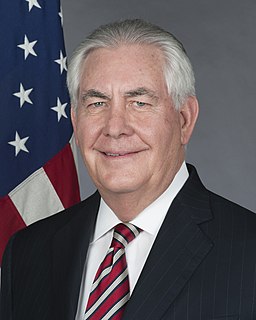A Quote by Michael Ignatieff
The legitimacy of coercive acts in a democracy arises from the process by which they are justified and by the degree to which we regard decisions as rational. If the justifications proceed properly, through recognized public institutions, and if they make sense to us, they are legitimate.
Related Quotes
Well it did not make excessive sense to say that 20 million people are the recognized government of a billion people that have their own institutions. We did not change it in the sense that we said this has to end, but there was a U.N. vote that transferred the legitimacy of China from Taiwan to Beijing. Beijing was recognized as the government of all of China. Then, under President Carter, we followed what the U.N. had already done eight years earlier.
I mean,you will have an Afghan government. There are two roads here. One is obviously a run-off election or a negotiated settlement. But what's most important about that process is that there's a credibility and a legitimacy to the government at the end of that process. So which road they choose, that's up to them. It must have - be legitimate and credible in the eyes of the Afghan people.
The real world of American society is one which it is very misleading to call simply a democracy. Of course, it is in a sense a democracy, but it is one in which there are enormous inequities in the distribution of power and force. For example, the entire commercial and industrial system is in principle excluded from the democratic process, including everything that goes on within it
We've seen in terms of the reaction to some proposals in the Budget already how resistant that public opinion is to, first of all, a public comprehension of the new paradigm in which we have to operate; and secondly, to the rationale for the decisions that we're taking and the reason for those decisions to be implemented and followed through.
I think what we're hopeful is through this Syrian process, working with coalition members, working with the U.N., and in particular working through the Geneva process, that we can navigate a political outcome in which the Syrian people, in fact, will determine Bashar al-Assad's fate and his legitimacy.
If you produce yourself and you're working in a band, there's certain compromises everyone has to make, because it's a democracy and you have to cater to each other's feelings. When you have a producer, you have this objective ear that's not worrying about protecting anybody's feelings, so he's just making hard decisions based on what works and what doesn't, which was huge for us. I don't think we'd be able to make those decisions by ourselves.


































